Get to know our speakers – 5th WSC Conference
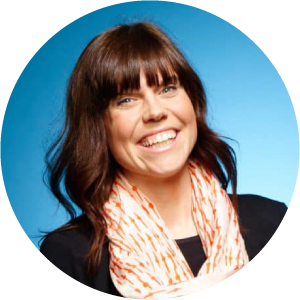
Lucinda Hartley, Cofounder Neighbourlytics and Co-Design Studio
Lucinda Hartley will use her keynote address to discuss the factors shaping the growth of our cities and how integrated urban planning can help us deliver what people are looking for in urban spaces.
Lucinda is best known as the cofounder of urban tech company Neighbourlytics, which draws on public social data to give real time insight into neighbourhood life—the activities that people in a neighbourhood like to do, where they like to go, how they use different places and what they like to engage with. She also founded urban planning company Co-Design Studio. Her work over the past decade has focused on leading innovative strategies to improve the social life of cities.
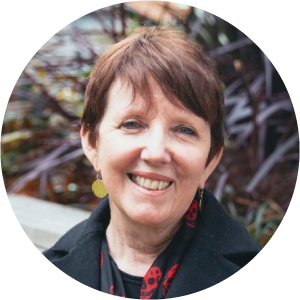
Distinguished Professor Billie Giles-Corti, RMIT University
Distinguished Professor Billie Giles-Corti will share her insights on how the built environment affects our health and wellbeing. She is at the forefront of city planning and health policy-relevant research that conceptualises and measures urban ‘liveability’. Last year, her team launched the Australian Urban Observatory to facilitate research and the distribution of urban and regional city indicators.
Billie is Director of the Healthy Liveable Cities Group, Centre for Urban Research. She is a RMIT Professorial Fellow and from 2014-2020 she led the NHMRC Centre for Excellence in Healthy Liveable Communities.
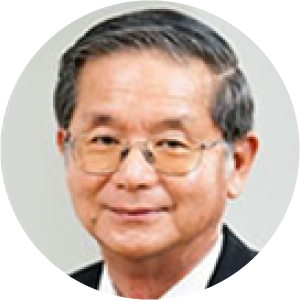
Khoo Teng Chye, Executive Director, Centre for Liveable Cities, Singapore
Khoo Teng Chye will talk about how Singapore, one of the world’s most densely populated cities, has successfully combined high density living with liveability. The city’s geographical position and scarce resources meant Singapore had to think differently about how to develop its economy and its infrastructure, while at the same time maintaining liveability.
The mission of the Centre for Liveable Cities is to create and share knowledge and information about liveable and sustainable cities. Before joining the Centre, Mr Khoo held a range of positions including Chief Executive of PUB (Singapore’s National Water Agency) and Chief Executive Officer/Chief Planner at the Urban Redevelopment Authority. He was one of the key architects of Singapore’s water sensitive journey.
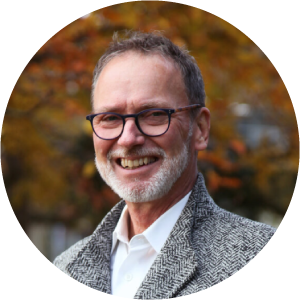
Herbert Dreiseitl, Dreiseitl Consulting
Herbert Dreiseitl is a renowned landscape architect, urban designer, water artist and interdisciplinary planner, who specialises in creating liveable cities around the world. His passion is using water to create innovative and inspiring solutions to urban environmental challenges, connecting technology with aesthetics and encouraging people to take care and establish a sense of ownership for places.
Herbert initiated and influenced several important movements such as water sensitive urban design, the ABC Water Guidelines for Singapore, and Cloudburst projects in Copenhagen, New York City, and Washington DC in cooperation with the Ramboll team. He is also known for his Artwork and Aesthetics combining.
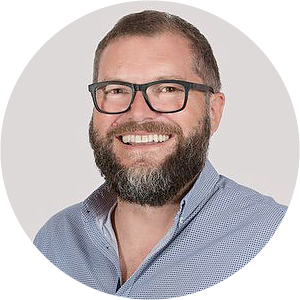
Jim Binney, Project Manager, Natural Capital Economics
Jim is an experienced resource and environmental economic. He’s worked on projects covering a broad range of resource and environmental management issues including water management (urban and rural infrastructure investment, water use efficiency, water quality, and stormwater), catchment management, economic analysis of natural disasters, climate change, coastal management, vegetation management, biodiversity, sustainable development, waste management and natural capital valuation.
Jim will provide training on the INFFEWS Benefit Cost Analysis Tool and the Value Tool.
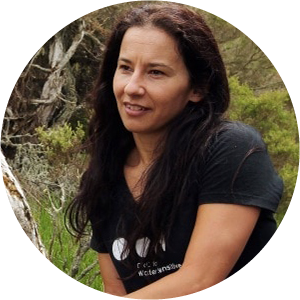
Dr Leah Beesley, Research Associate, University of Western Australia
Leah’s professional focus is aquatic ecology with an emphasis on the restoration of freshwaters. She has been working for over 15 years in the field. Her research fields of interest include urban stream ecology, environmental flow science, arid riverine ecology, freshwater fish biology, and biodiversity and ecosystem function. Much of Leah’s research is directed towards scientific solutions to meet management need.
Leah will provide training on the RESTORE Tool and aspects of managing high seasonal groundwater.
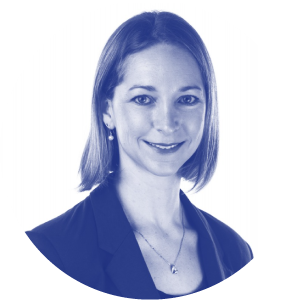
Sally Boer, Director, E2Designlab
Sally is an experienced urban water management practitioner, well-versed in water sensitive urban design, aquatic ecosystem remediation and the design of stormwater management systems from concept to delivery. Her passion is in achieving multiple outcomes that enhance urban ecology and liveability through collaborative and integrated planning and design processes.
Sally will provide training on the RESTORE Tool and aspects of managing high seasonal groundwater.
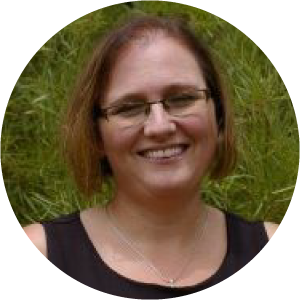
Helen Brookes, Director, Urbaqua
Helen is a director of Urbaqua, a not-for-profit environmental organisation that supports and delivers water and environmentally sensitive outcomes in Western Australia. She is experienced at delivering consultancy services in environmental planning, natural resource management, urban water management, bushfire planning and assessment, coastal adaptation planning, and policy development.
Helen will provide training on using CRCWSC tools to influence urban design.
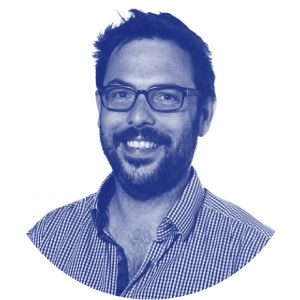
Dylan Cain, Associate Water Resource Engineer, E2Designlab
Dylan has worked as an environmental civil engineer in the urban development industry for over 17 years, integrating water sensitive urban design features with standardised civil engineering documentation. He is particularly experienced at using software to help the design from concept through to detailed design.
Dylan will provide training on how to use the Scenario Tool to develop and assess different urban development options.
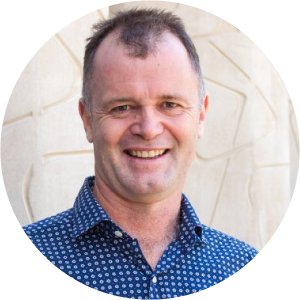
Associate Professor Steven Kenway, Project Leader, CRC for Water Sensitive Cities
Steven has been examining urban water, wastewater, stormwater and related energy and greenhouse gas issues since 1990, making him an international leader in quantifying the links between water, energy and carbon. His work is enhancing performance benchmarking of cities, shaping urban development and guiding policy and infrastructure investment nationally and internationally.
Steven will provide training on assessing the water performance of urban designs, using the Site-scale Urban Water Mass Balance Assessment Tool and the Infill Performance Evaluation Framework.

Dr Wikke Novalia, Research Fellow, School of Social Sciences, Monash University
Wikke’s speciality is urban governance with past professional engineering and research experience in the water industry across Indonesia, Thailand, Laos, the Netherlands and Australia. Her current research investigates the interplay of technology and society and how they can influence city governance and urban infrastructure planning to realise sustainable development outcomes.
Wikke will provide training on the Water Sensitive Cities Index and the Management Actions Database.
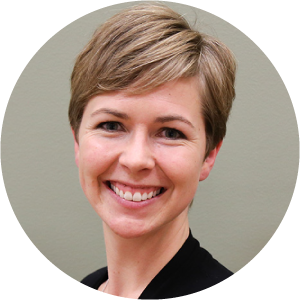
Associate Professor Briony Rogers, Chief Research Officer, CRC for Water Sensitive Cities
As well as her role with the CRCWSC, Briony is a Senior Lecturer with Monash University's School of Social Sciences and the director of MSDI-Water. Her research explores how visioning, strategic planning and institutional change processes can enable transitions in urban water systems to create more liveable, sustainable and resilient cities. Briony has an interdisciplinary background, with a PhD in Environmental Sociology, a Bachelor of Civil Engineering (Honours) and Bachelor of Science, as well as experience as an engineering consultant on water infrastructure projects in Australia and Vietnam.
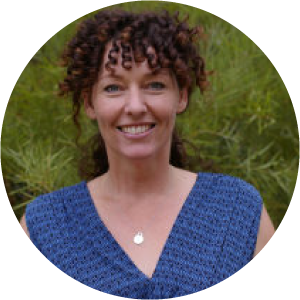
Shelley Shepherd, Director, Urbaqua
Shelley is a director of Urbaqua, a not-for-profit environmental organisation that supports and delivers water and environmentally sensitive outcomes in Western Australia. She is experienced at delivering consultancy services in environmental planning, natural resource management, urban water management, bushfire planning and assessment, coastal adaptation planning, and policy development.
Shelley will provide training on using CRCWSC tools to influence urban design, and the Management Actions Database.
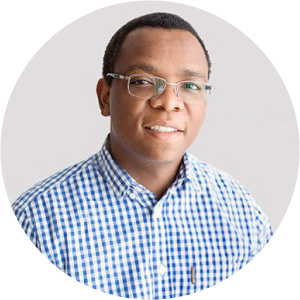
Dr Buyani Thomy, Senior Economist, Natural Capital Economics
Buyani is an environmental economist with an interest in natural resources and primary industries. He holds a PhD in environmental economics from Charles Sturt University (CSU) and is also an Adjunct Research Fellow CSU’s Institute for Land, Water and Society. He undertakes complex economic valuation projects involving management and investments in environmental resources. His projects range from developing business cases for investment in rural water supply, WSUD assets, urban open spaces, estimating benefits of environmental watering, and managing salinity and rising groundwater issues.
Buyani will provide training on the INFFEWS Benefit Cost Analysis Tool and the Value Tool.